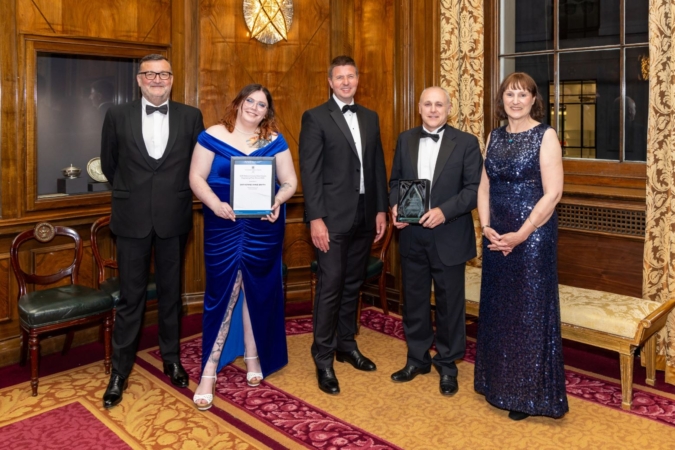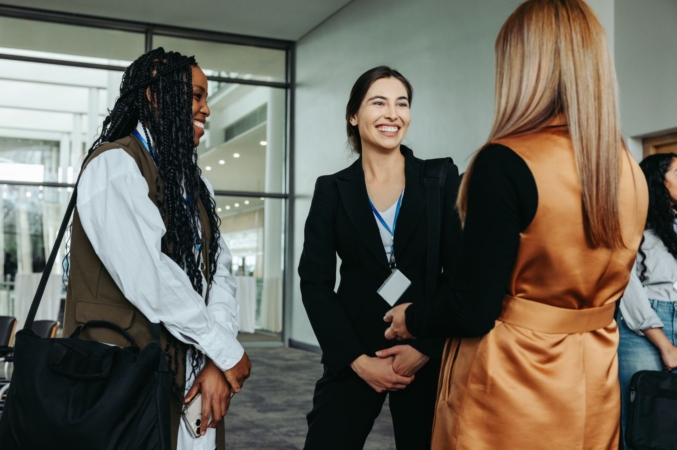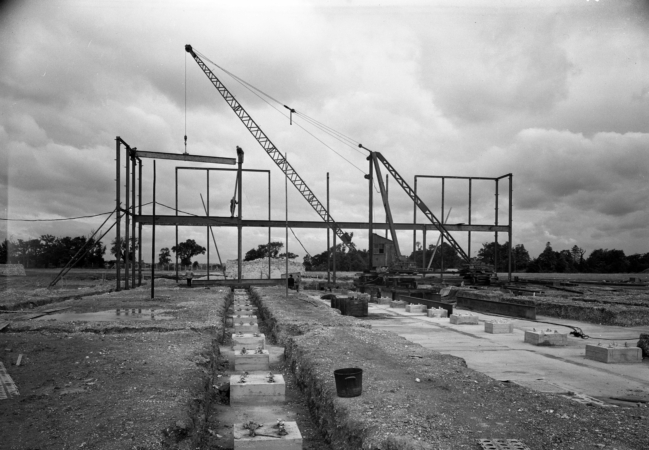AWE sponsored student at the University of Cambridge wins J. D. Lewins Prize
Rohan Teelock-Gaya, an AWE sponsored postgraduate student studying an MPhil in Nuclear Energy/Engineering at the University of Cambridge, has been awarded the prestigious J. D. Lewins Prize for best project in the area of nuclear physics – a key discipline of science that supports our mission in nuclear deterrence and national security.
The J.D. Lewins Prize was started using a donation by a former lecturer at the Department of Engineering, Dr Jeffrey Lewins. It is awarded to the student whose Master’s research project achieves the highest marks in their cohort.
Rohan said: “My project involved investigating the use of machine learning techniques in nuclear data, for the production of nuclear reaction cross sections, especially for ‘exotic’ nuclei for which experimental data is unavailable. Machine learning models hence provide a new way, complementary to theoretical models, for producing estimates of cross sections for very rare nuclei.”
Rohan is now continuing his research in this field as a PhD student, also at Cambridge. In the near future, the use of machine learning (ML) for modelling further reactions such as capture cross sections or even unresolved resonance range cross sections are interesting possibilities for research.
AWE supervisor, Lee Morgan, said: “Rohan’s project has provided valuable insight into the validation and applicability of machine learning to nuclear reaction modelling. ML is useful for modelling short-lived isotopes, where little or no experimental data are available. Rohan’s hard work and aptitude demonstrates the benefit that ML can bring to the nuclear data evaluation workflow. Improving nuclear data with ML can assist several fields such as fusion neutronics, astrophysics, medical physics and reactor physics.”
Valeria Raffuzzi was Rohan’s academic supervisor during his MPhil project at Cambridge. Valeria said: “Rohan did an excellent job at showing the applicability of machine learning to predict exotic nuclide cross sections. This project brought to light many possible directions for future research, which luckily Rohan has the chance to continue during his PhD. For us in Cambridge, this was also a great opportunity to get closer to the area of nuclear data and further develop our expertise.”
AWE’s collaboration with the Cambridge Nuclear Group, during the past 10 years, has established a rich and enduring academic network that continues to support and maximise the potential of our sponsored students – and delivers mutually beneficial research as part of AWE’s strategic alliance with the university.



